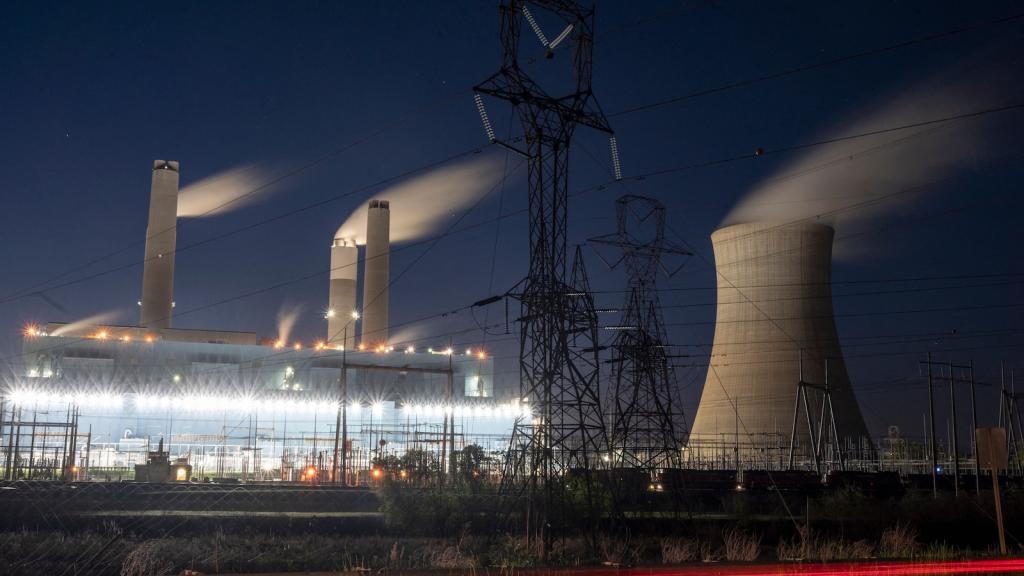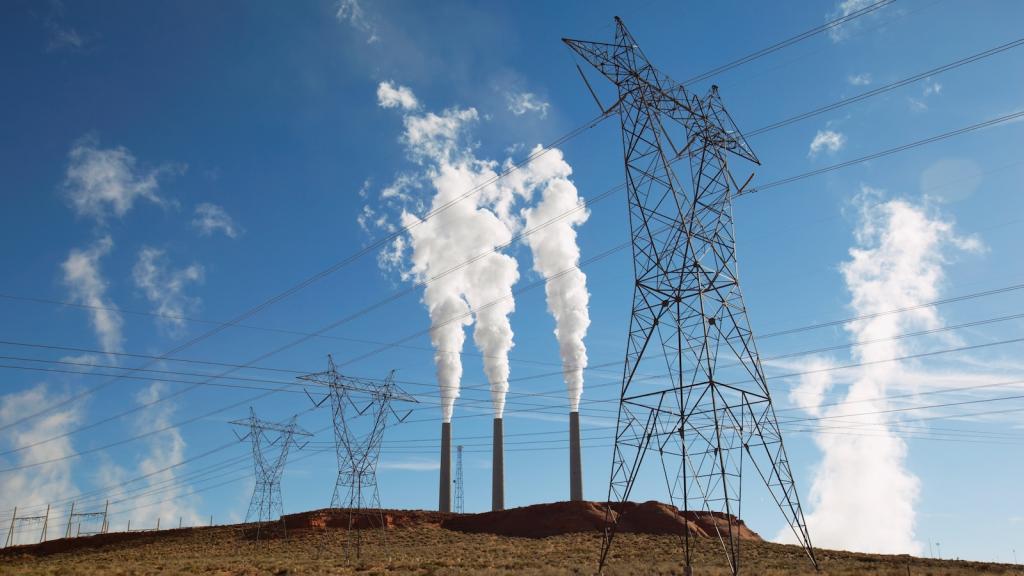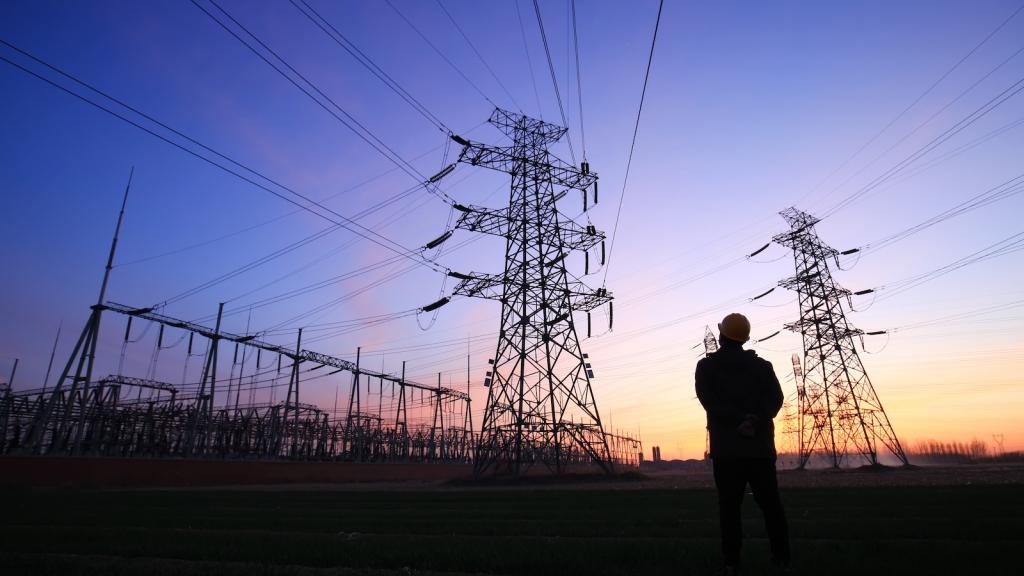For more than a century, zoning ordinances rooted in segregation have encouraged the construction of single-family homes, often at the expense of apartment buildings and other structures that promote urban density. Beyond contributing to a mounting housing shortage and spiraling prices, such policies have contributed to sprawl and dependence upon automobiles.
Canada has decided to try something different.
The government has taken the unprecedented step of offering provincial governments billions of dollars in infrastructure funds with one catch: To receive it, they must require cities to abandon single-family zoning laws and allow the construction of fourplexes. This unusually broad policy, adopted in May, has implications beyond expanding the housing stock. It could help mitigate climate change.
Research has consistently shown that multifamily structures reduce overall vehicle miles traveled by placing people closer to urban centers and mass transit. They also use materials and energy more efficiently, driving down ... Read more





